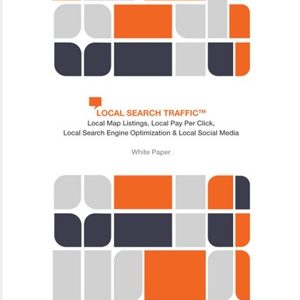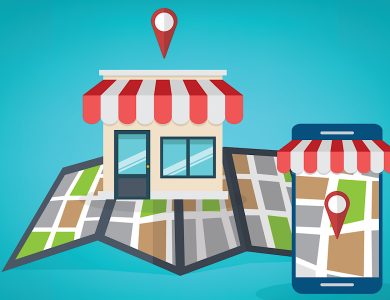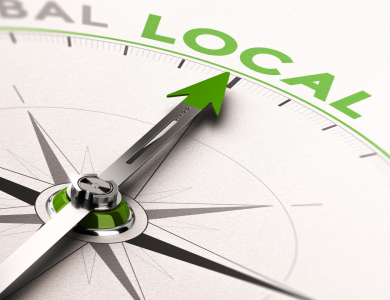
The Importance and Strategy for Effective Local SEO
Imagine the hassle of finding an electrician if every search online returned global results. How many pages would you need to go through to find a local beautician? On the flip side, think about the inefficiency of a digital marketing strategy where your local business competes for visibility against global competitors.
Fortunately, Google has addressed this issue with local SEO. By targeting customers in your specific area, local SEO makes it easier for your business to be found by those most likely to use your services. But what if you have multiple locations across different cities? Is it possible to rank for keywords in various cities without compromising your local SEO? The good news is, yes, it is possible. However, it must be done correctly to avoid negatively impacting your SEO.
Here’s a guide to help you optimize for local searches across multiple locations:
Why Is Local SEO Important?
Local SEO Attracts Foot Traffic
Imagine you’re out of town for a wedding and crave a cheese pizza. You’d likely search for “best pizza in [City Name]” rather than just “pizza.” When the search results appear, you’re inclined to order that pizza or dine in at the recommended pizzeria. You’re not alone in this behavior; nearly 46% of Google searches have local intent. This means ignoring local SEO could mean missing out on nearby customers.
Local SEO Ranks You Higher on Google
Two important SEO metrics are clicks to your site and an increase in keyword rankings. Local SEO addresses both, as search ranks are based on the user’s location and relevance to your business.
City Pages: Good or Bad for SEO?
In the past, businesses used city pages filled with local keywords to improve their rankings. However, Google’s Panda Update penalized such spammy tactics. City pages can harm your SEO if misused but can be beneficial when done right.
Optimizing Your Business for Multiple Locations
1. Use Google Business Profile
Google Business Profile enables Google to verify your business, increasing the likelihood of appearing in local search results. Simply register, claim your business, and provide as much information as possible. Adding photos and customer reviews also helps optimize your profile.
2. Get Into Google’s Local Map Pack
Being featured in Google’s Local Map Pack is valuable. To improve your chances, sign up for Google Business Profile, provide comprehensive business details, and leverage customer reviews.
3. Build Your Internal Linking Structure
An efficient internal linking structure enhances website navigation, highlights important pages, and improves site architecture, thereby boosting your local SEO.
4. Build Your NAP Citations
Consistently list your business’s name, address, and phone number (NAP) across your website and in major online databases. Inconsistent NAP information can hurt your chances of appearing in Google’s Local Map Pack and on platforms like Yelp.
5. Use Schema Markup
Schema markup helps search engines understand your website content better, increasing the likelihood of being featured in rich results and enhancing click-through rates.
6. Optimize Your Site for Mobile
Given that almost 59% of all web traffic comes from mobile devices, your site must be mobile-friendly to rank well on Google. Ensure your website is responsive, uses large fonts, avoids pop-ups, and places crucial information upfront.
Bonus Tip: Make Your Most Important City Pages Unique
To rank for multiple locations, you can create individual pages for each city, ensuring each has unique content tailored to local specifics. Providing city or area-specific information builds customer trust and demonstrates your knowledge of local issues.
Tools to Scale Your Local SEO
If managing multiple locations, consider using tools like:
- Yext
- BrightLocal
- LocalClarity
- Whitespark
- Birdeye
Ready to Target Local SEO?
Local SEO is crucial, even if you run multiple locations in different cities. Decide whether to create individual landing pages for each location or list them all on one page. Remember, local SEO can attract customers to your business. Ensure you’re doing it correctly by thinking from a customer’s perspective. What information would they look for? What would convince them to choose your business? Often, location is a significant factor.
More Resources
- Local SEO for Small Businesses: 7 Top Ways to Gain Visibility
- 5 Key On-Page Optimizations for Local Organic SEO
- Local SEO: The Definitive Guide to Improve Your Local Search Rankings
Featured Image: New Africa/Shutterstock



